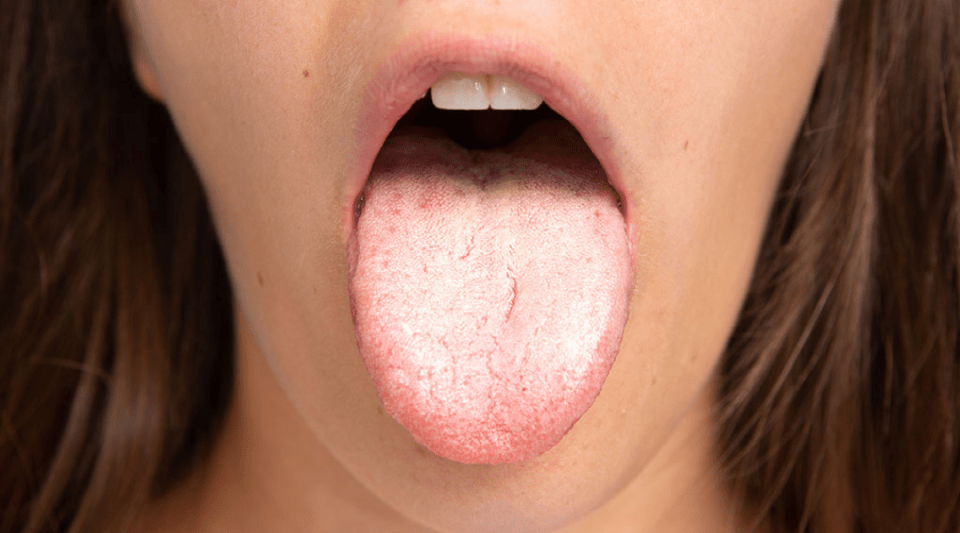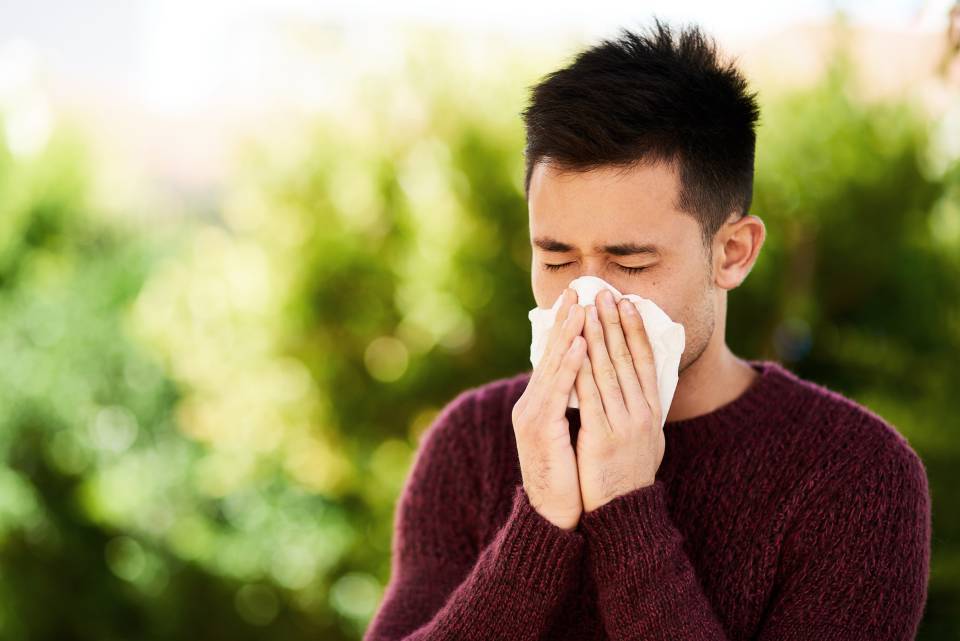Oral thrush is a common infection, mainly as a consequence of a weakened immune system or an alteration of the microbiota of the oral cavity. These situations often occur in newborns, the very elderly, in people who have diseases that affect the immune system or those who take corticosteroids or antibiotics for long periods of time. However, oral thrush is the same in women and men.
Although it can occur in a population with a healthy immune system, oral candidiasis usually occurs in the immunocompromised population. 90% of AIDS patients will develop oral thrush at some point during the course of the disease. It is also common in newborns, especially those 1-6 months old, due to the development of the immune system. In this population, it is usually contracted through the birth canal or from the mother’s breast during breastfeeding.
In 80-90% of cases, oral thrush is caused by Candida albicans. Candida is part of the normal oral microbiota in many healthy people. It is present in around 30-60% of adults and 45-65% of children. In healthy people, the immune system itself and the microbiota inhibit the growth of the Candida population, preventing pathological infection. Therefore, certain situations that affect the immune system and the microbiota usually cause this disease. Some of these risk factors are:
- Diseases that weaken the immune system. For example, AIDS.
- Being a newborn or among the very old population.
- The use of antibiotics.
- The use of inhaled steroids or systemic corticosteroids, especially on a regular, prolonged basis.
- Poor nutrition or malnutrition.
- Other infections.
- Treatments that affect the immune system, such as radiotherapy, chemotherapy or medication for organ transplantation.
- The use of dental prostheses.
- Malfunction of the salivary gland.
Diagnosis of oral thrush is usually clinical, through a physical examination, a review of the medical history and risk factors. In certain cases, a sample is taken for a culture test to offer adequate treatment, especially in patients with frequent relapses.
The treatment depends on the type of Candida, how badly affected the patient is and the degree of immunosuppression. Topical antifungals and hygiene measures are the first line of treatment and are usually sufficient to treat most mild-moderate cases. Patients who suffer relapses, intolerance to topical treatment or who are at risk of developing more serious infections are recommended systemic antifungal treatment, normally through oral tablets.
Information documented by:
Dr Veronica Rico, from the Infectious Diseases Service and Home Hospitalisation Service; member of the IDIBAPS nosocomial infection research group.






